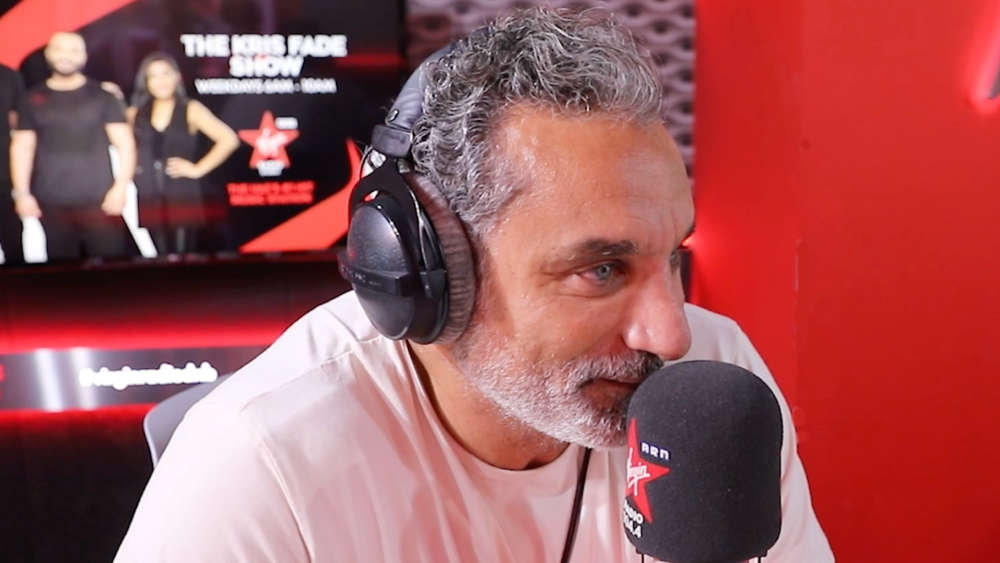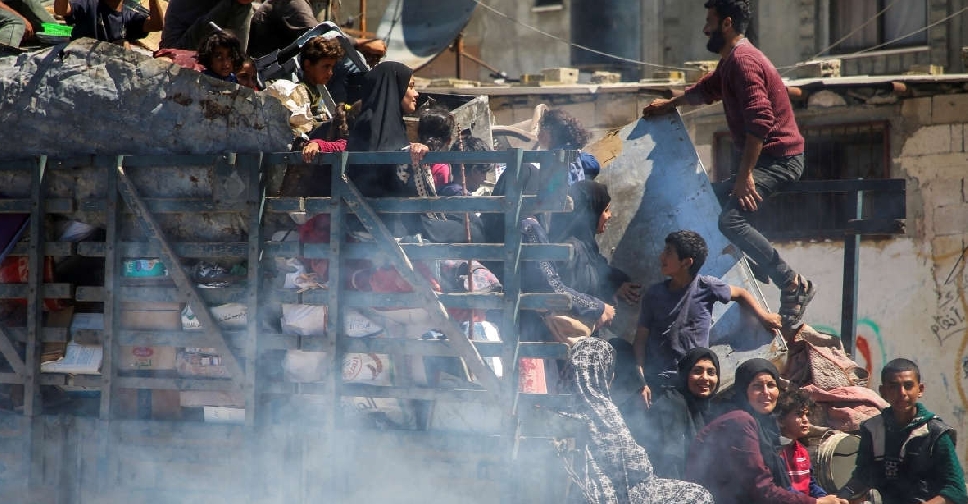
The Gaza Strip is suffering from a worsening humanitarian catastrophe, about eight months after the devastating military operation launched by Israel on the Strip in response to an attack led by Hamas on October 7, according to international organisations.
More than 36,000 Palestinians were killed in the Israeli attack that destroyed vast areas of the Strip, according to the Ministry of Health in Gaza, in addition to fears of thousands of deaths under the rubble.
Displacement
The Israeli attack on the city of Rafah in the southern Gaza Strip since early May has displaced about one million people, many of whom have already fled several times to escape violence.
Many of them found themselves forced to live in barren areas or in buildings that were partially demolished by bombing and without water and sanitation facilities.
An Israeli air strike caused a fire that killed 45 people in displaced people's tents in Rafah on May 26, angering world leaders. Israel said it targeted two senior Hamas leaders and did not intend to kill civilians.
Famine
The United Nations, which has long warned of a famine in Gaza, says that the amount of humanitarian aid entering the Strip has decreased by two-thirds since the start of the Rafah operation.
The Rafah crossing with Egypt has been closed for weeks, causing a long line of trucks to accumulate and some food to spoil under the heat of the sun. Only a small amount of aid supplies enter through the other southern crossing, Kerem Shalom. The World Food Program confirms the worsening rates of hunger in the center and south.
The World Food Program said that supplies to northern Gaza have improved, with improved access for aid from the northern crossings. The Executive Director of the World Food Program, Cindy McCain, has previously warned that northern Gaza is suffering from "massive famine."
There has been no official declaration of a famine in Gaza by United Nations agencies, as such a declaration relies on a set of criteria to measure the extent of hunger experienced by the population and is subject to the assessment of the “Integrated Interim Classification of Food Insecurity,” which is an initiative of more than ten United Nations agencies. Regional bodies and relief organizations.
Data from the United Nations Relief and Works Agency for Palestine Refugees (UNRWA) showed that 10.4% of the 17,757 children who were examined between January and May were found to be suffering from some degree of malnutrition, while 1.7% were suffering from severe acute malnutrition.
Some bakeries were forced to close their doors due to the fighting and the lack of cooking gas, and only 11 of the 17 bakeries that were previously operating are now operating.
Aid
Israel, which imposed a complete siege on Gaza in the first days of the war, is facing increasing international pressure, including from its ally the United States, to allow more aid to enter.
The Pentagon said that the United States opened a pier built by the army off the coast of Gaza in mid-May to help speed up the delivery of humanitarian aid to Gaza, but it had to be temporarily dismantled after part of it separated.
UN data showed that some supplies entered Gaza from the Erez “Beit Hanoun” crossing in northern Gaza, which opened in May, and through Gate 96, an entry point into northern Gaza that the Israeli army opened in March.
Israel says that the United Nations is responsible for distribution problems within the Strip and that it is continuing efforts to facilitate the entry of humanitarian aid.
Diseases
The conflict has devastated Gaza's health sector and many countries condemned Israeli actions at a World Health Organization meeting on May 29.
The World Health Organization says that only 14 of the 36 hospitals in Gaza are still able to operate, and that the Rafah operation is hampering the transfer of patients and cutting off the flow of medical supplies to the Strip.
Among the seriously ill patients trapped inside the pocket was a 10-year-old boy suffering from cancer.
Relief agencies warn of increasing health risks resulting from an overflowing sewage network and the lack of latrines. Aid workers say some families are making makeshift latrines, and in other areas sewage is flowing into the streets.


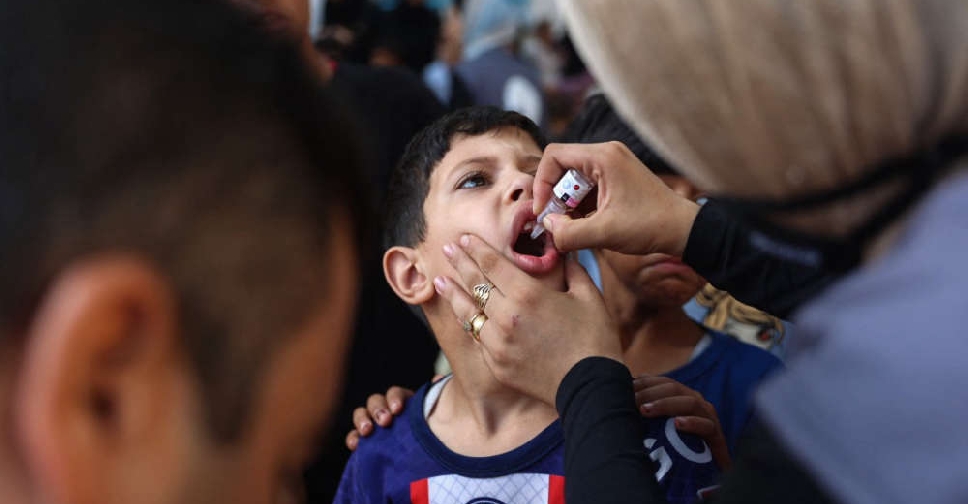 UNRWA chief: Gaza polio vaccination coverage reaches 90%
UNRWA chief: Gaza polio vaccination coverage reaches 90%
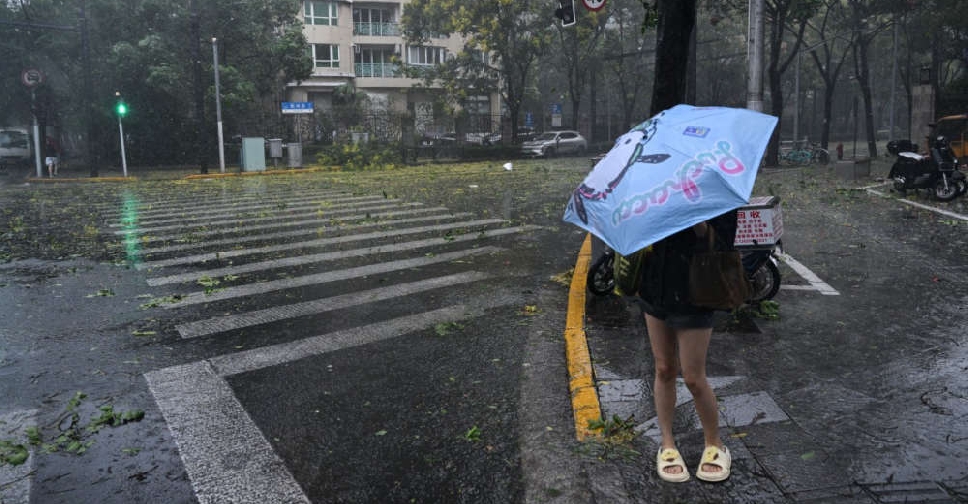 Typhoon Bebinca lashes Shanghai in strongest storm since 1949
Typhoon Bebinca lashes Shanghai in strongest storm since 1949
 First Hong Kong conviction for wearing seditious T-shirt
First Hong Kong conviction for wearing seditious T-shirt
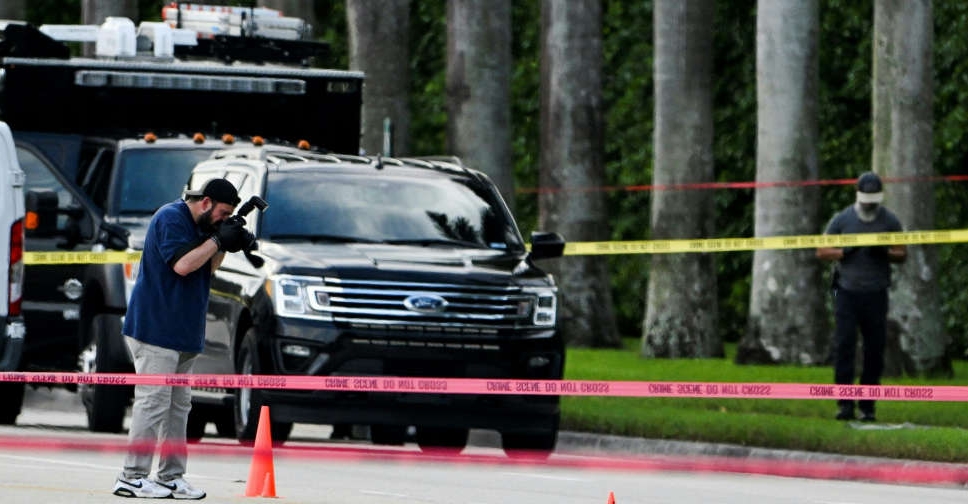 Donald Trump targeted in apparent assassination attempt
Donald Trump targeted in apparent assassination attempt
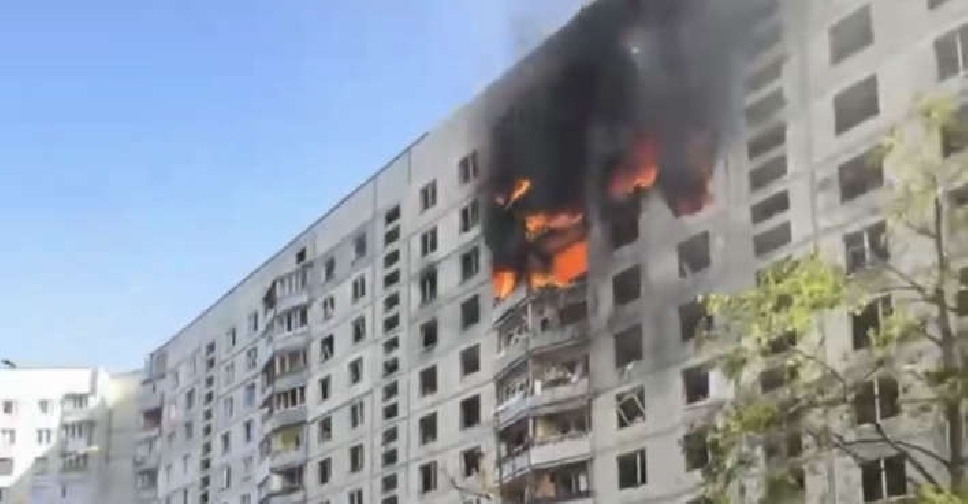 Kharkiv strike kills at least 28
Kharkiv strike kills at least 28



